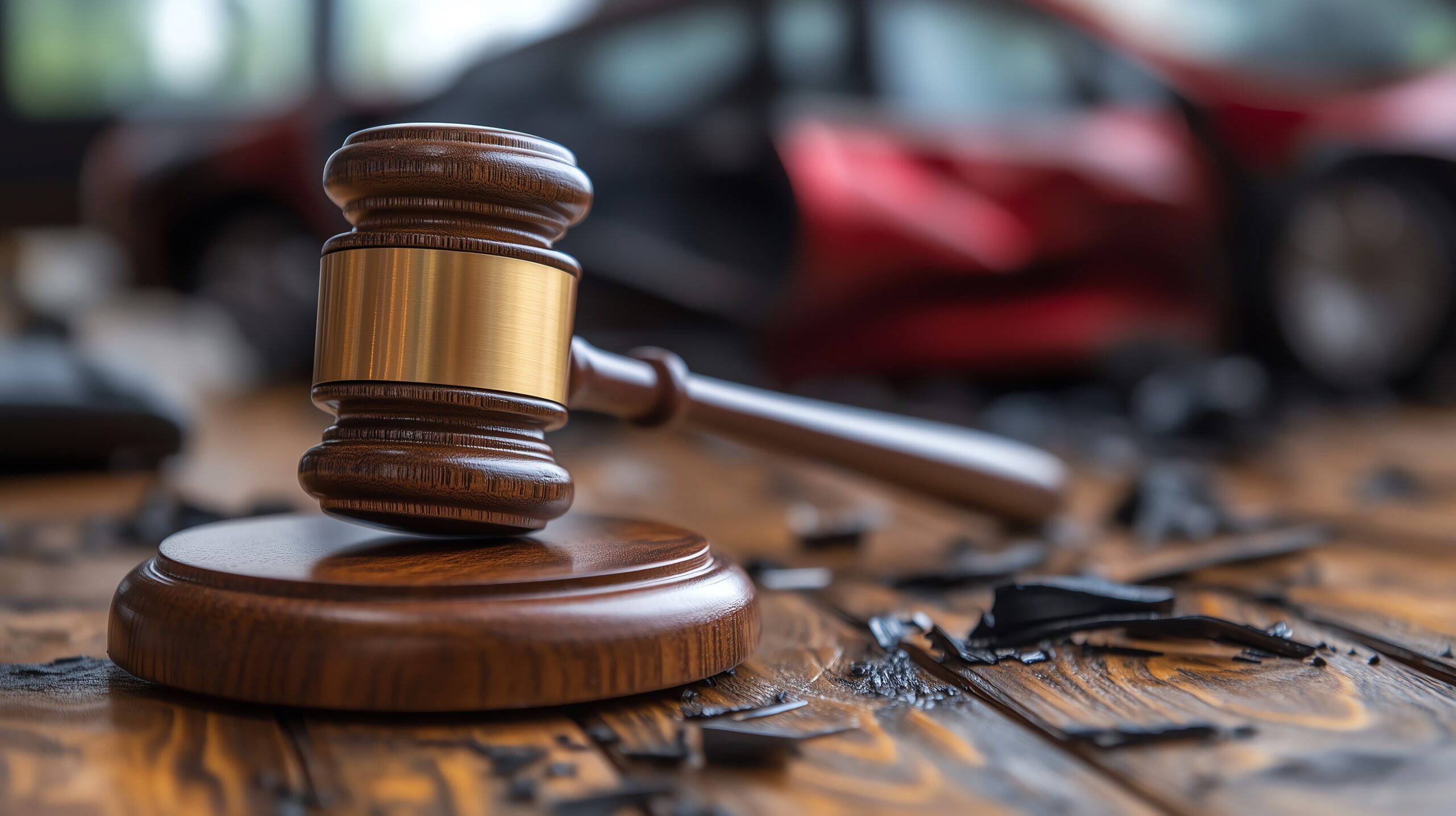On December 21, 2015, in an unpublished opinion, the New Jersey Appellate Division reiterated that New Jersey courts lack jurisdiction to entertain tort claims against public entities if the required notices were not timely filed. In Barbieri v. Mayer, Docket No. A-0362-14T1 (N.J. App. Div. Dec. 21, 2015), the plaintiff was struck by a municipal garbage truck. The borough’s claims adjuster sent a Notice of Claim form to the plaintiff. The plaintiff’s first attorney completed the form but never returned the completed form to the claims adjuster. Prior to the expiration of the two-year statute of limitations, the plaintiff retained a second attorney who filed a personal injury lawsuit against the borough and the truck driver.
Discovery proceeded for over a year before the borough’s attorneys filed a motion with the trial court seeking to dismiss the plaintiff’s claims based upon his failure to send the Notice of Claim form. The New Jersey Tort Claims Act, N.J.S.A. 59:1-1 et seq. (the “TCA”), provides that “[n]o action shall be brought against a public entity . . . under th[e] [TCA] unless the claim upon which it is based shall have been presented in accordance with the procedure set forth” by the Act. N.J.S.A. 59:8-3 (emphasis added). Claimants “shall be forever barred from recovering against a public entity” if, among other things, the claimant “failed to file [the notice of] claim with the public entity within [ninety] days of accrual of [the] claim except as otherwise provided in N.J.S.A. 59:8-9,” which authorizes courts to allow the filing of a late notice of claim within one year of the claim’s accrual, provided that the plaintiff demonstrates “extraordinary circumstances” to justify the delay and where the lateness does not “substantially prejudice[]” the defendant public entity or public employee. N.J.S.A. 59:8-8(a) (emphasis added). It is clear that “after the ninety-day deadline has passed and a plaintiff has not utilized the procedure under N.J.S.A. 59:8-9 to obtain an extension of that period up to one year, courts lack jurisdiction to entertain tort claims if the required notices were not timely filed.” Slip Op. at 7 (citations omitted).
Here, the Appellate Division affirmed the trial court’s dismissal of the plaintiff’s claim due to the “the undisputed failure of plaintiff to serve a timely notice of claim.” Slip Op. at 11. The Appellate Division rejected the plaintiff’s argument that the borough’s claims adjuster was clearly aware of the incident, and thus notice of the claim was unnecessary, as the claims adjuster had sent the Notice of Claim form to the plaintiff. The court held that “awareness of that event alone does not fulfill the many other objectives of the TCA’s notice provision, including a prompt opportunity before suit is filed to ascertain the extent of a plaintiff’s claimed injuries and investigate his version of the precipitating events, as well as a chance to avoid litigation altogether through negotiation.” Slip Op. at 9. The Appellate Division also rejected the plaintiff’s argument that the defendants were estopped from raising this defense the defendants waited over a year to file the motion, during which time one or more case management conferences were held and the plaintiff was forced to appear for a deposition and for multiple medical examinations. While noting that this “lackadaisical” conduct by the defendants “essentially wasted the time and resources of plaintiff, his counsel, and the court,” Slip Op. at 10, the court was unwilling to find that this delay constitued a waiver of the statutory defense.
If you believe you have a claim against a public entity in New Jersey or Pennsylvania, contact the Cherry Hill personal injury lawyers of Folkman Law today at 856-354-9444.




